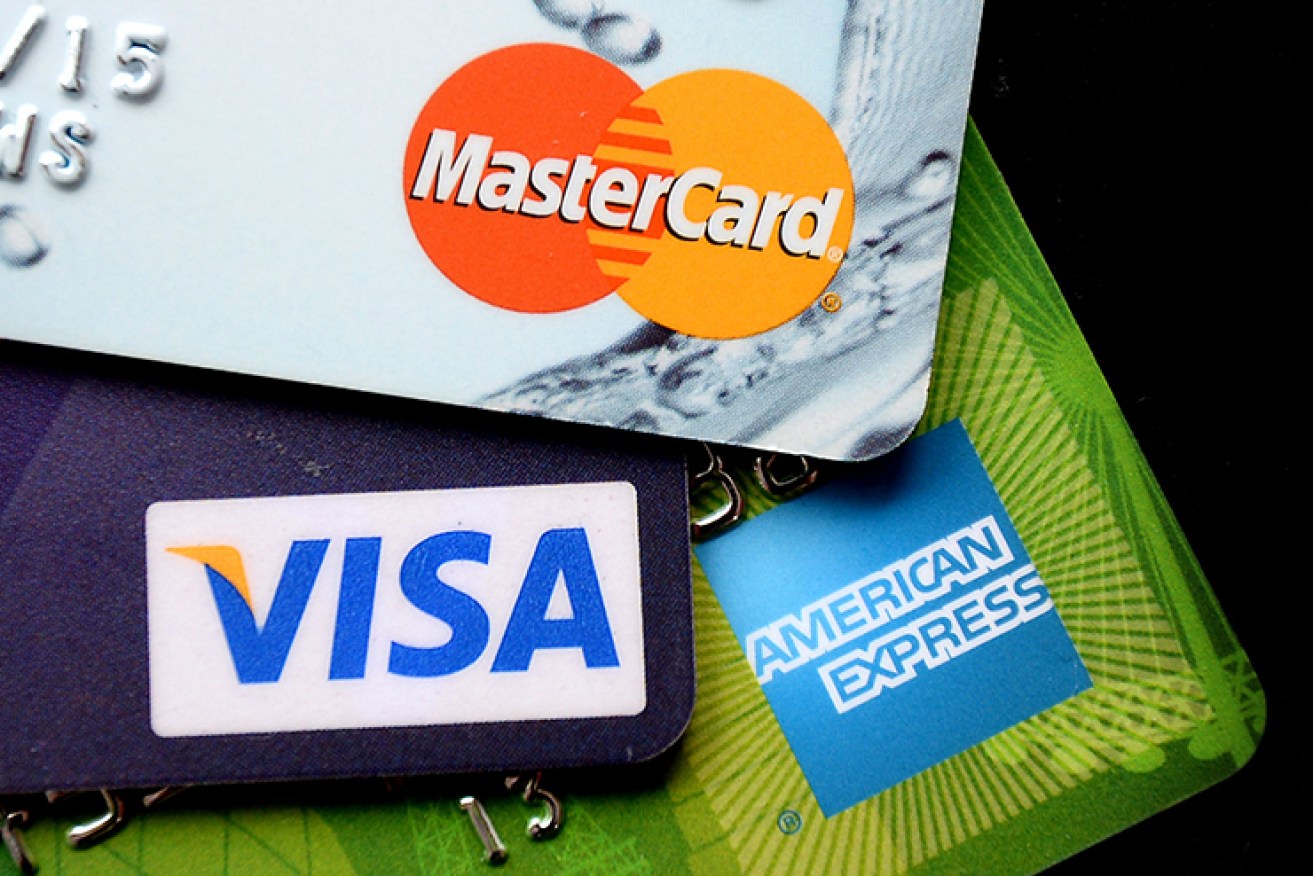The number that could end credit card gouging


The ACCC has instituted Federal Court proceedings, accusing Mastercard of substantially lessening competition in debit card acceptance services. Photo: Getty
The uncompetitive and often predatory credit card industry will get a grilling in a senate inquiry later this year.
Those who called for the inquiry hope it will be much more than a populist bank-bashing exercise. They say it can lead to deep changes that will make the industry more competitive, and help prevent vulnerable consumers from getting ripped off.
• Senators target banks over credit card rates
• Watchdogs quiet as banks gouge credit cards
• Australia’s most predatory credit cards revealed
One reform in particular that has caught the attention of Labor senator Sam Dastyari would make credit card numbers portable, much like mobile phone numbers.
Such a major reform could hugely benefit consumers who find themselves locked into cards with exorbitant fees and interest rates. But it will likely face fierce resistance from the big banks, who are doing very nicely out of the status quo.
The system isn’t working

Joe Hockey hasn’t translated his words into action on credit cards. Photo: Getty
Following the first rate cut this year, in February, Treasurer Joe Hockey sternly warned credit card providers to pass the rate cut on to customers.
“I expect the banks to pass these cuts on immediately,” he said, adding: “I also expect this to be passed through … for everyone that has a credit card.”
They ignored him.
According to creditcardfinder.com.au, despite two rate cuts this year, 90 per cent of credit cards have kept their interest rates exactly where they are, often at 20 per cent or more. This doesn’t seem to fit with the Australian Bankers’ Association’s claim that the credit card market “is competitive”.
Finder.com.au money expert Michelle Hutchison said: “Demanding the full rate cut from your provider should be a top priority for any Australian who uses their credit card as part of their financial habits, but even then you should be asking for an even more competitive discount.”
But given many customers – often the most vulnerable – are disengaged from their finances, relying on consumer activism isn’t enough.
The mobile phone number model
When you’re not happy with your mobile phone provider, you can switch to a new provider without losing your phone number.
This promotes competition. If you couldn’t take your phone number with you, it would put a lot of people off switching because they would have to update all their contacts. Knowing that their customers can leave that easily encourages providers to offer better deals.

Gerard Brody says credit card numbers could be switched as easily as mobile phones. Photo: Getty
According to Gerard Brody, chief executive of Consumer Action Law Centre, the same thing could happen with credit card transaction numbers: “It could switch with you, and so then you wouldn’t have to change all your direct debits and so forth.
“More and more these days recurrent transactions are set up on our credit cards – your insurance policy premiums, your gym memberships and what have you.”
He said cancelling all of those is “a really difficult process, so people just give up and don’t bother”.
This is not a new idea, but it has previously been dismissed as being too expensive to implement.
“But there’s an opportunity at the moment,” said Mr Brody. “There’s something the industry is working on at the moment called the new national payments platform. This is a new bit of technological infrastructure that is going to facilitate payment between banks.
“They’re building it anyway, so we’re saying they should build it with this capacity to have portable bank account numbers and credit card numbers.”
Target interest rates directly
While the Reserve Bank is currently reviewing extortionate credit card interest rates, it does not have the power to put a mandatory cap on interest rates. Such a cap would have to be legislated by parliament. So, should the government impose such a cap? Mr Brody believes they should not.

Labor senator Sam Dastyari supports the idea of making credit card numbers portable.
“In a market economy, where we think competition can work to keep a lid on prices, that’s the way we go. I think there other things that can be done to improve [credit card] competition.”
One is disclosure. At the moment, when you get a credit card, all they tell you is the interest rate and the fees and charges. Mr Brody wants them to disclose the average cost of the card as well.
“They’d look at their entire loan book, how many people have that card, and then divide it and come up with exactly what it’s costing in a dollar figure.”
They could also tell you which card is most appropriate for against you credit history.
Another answer is to target “teaser rates” – the short-term low-interest rates which lure customers in.
“They’re basically deceptive in my view,” said Mr Brody. “They’re hiding the fact that new purchases will come at a 20 per cent rate, and at the end of that period it will bounce back to the 20 per cent rate.”
Short of banning teaser periods, he said regulators could make sure the teaser period is at least two years – “so you’ve got the opportunity to repay it”.








